- NGOZI ADIGHIBE
- June 19, 2018
- 0 Comments

Discussions about church planting often focus on the work of full-time pastor/evangelists who gather and bring people to faith, and then lead the growing congregations. Its wonderful to hear when this model works well. But what about lay people, who are working in a non-church job? We know they can share their faith, but can they be involved in church planting?
Uche Egenti from Nigeria is a businessman who has interests in the construction and tourism industries. He’s also led the planting of 9 churches in central Nigeria. How has this been possible?
Discussions about church planting often focus on the work of full-time pastor/evangelists who gather and bring people to faith, and then lead the growing congregations. Its wonderful to hear when this model works well. But what about lay people, who are working in a non-church job? We know they can share their faith, but can they be involved in church planting?
Uche Egenti from Nigeria is a businessman who has interests in the construction and tourism industries. He’s also led the planting of 9 churches in central Nigeria. How has this been possible?
Uche grew up in a strongly Christian family who attended an Anglican church. His parents led him to faith in Christ, and as a young man he entered seminary with the aim of getting ordained. Half way through his course he realized he was on the wrong path at that time. He became a journalist (although eventually completing his theological studies), and then on the death of his father he inherited the chieftainship of a large tribe. This led to business opportunities and political influence, but Uche says “I vowed that in God’s sight, I would aim to promote justice, and never take a bribe”. He determined to use his wealth and status for God’s Kingdom.
He is very concerned about the socio-political situation in Nigeria, and sees part of the role of the church as holding government to account, in a context where corruption is endemic and “a cancer” (his words). But for Uche, the preaching of the gospel and the planting of churches is a priority, and he wants to see people coming to know Christ going together with community development in the rural villages where he has influence with the local authorities. He himself often does the evangelistic preaching. When a congregation has been established, the Bishop appoints a priest to minister to the community. Nine churches have so far been planted in this way from Uche’s initiative.che grew up in a strongly Christian family who attended an Anglican church. His parents led him to faith in Christ, and as a young man he entered seminary with the aim of getting ordained. Half way through his course he realized he was on the wrong path at that time. He became a journalist (although eventually completing his theological studies), and then on the death of his father he inherited the chieftainship of a large tribe. This led to business opportunities and political influence, but Uche says “I vowed that in God’s sight, I would aim to promote justice, and never take a bribe”. He determined to use his wealth and status for God’s Kingdom.
He is very concerned about the socio-political situation in Nigeria, and sees part of the role of the church as holding government to account, in a context where corruption is endemic and “a cancer” (his words). But for Uche, the preaching of the gospel and the planting of churches is a priority, and he wants to see people coming to know Christ going together with community development in the rural villages where he has influence with the local authorities. He himself often does the evangelistic preaching. When a congregation has been established, the Bishop appoints a priest to minister to the community. Nine churches have so far been planted in this way from Uche’s initiative.
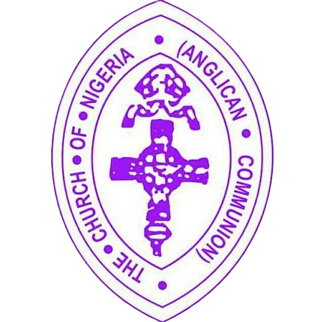
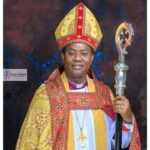

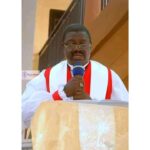
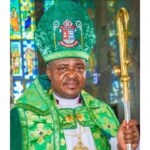
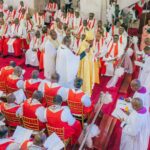
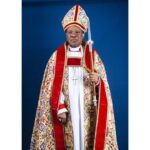
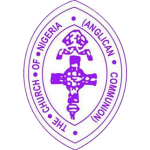
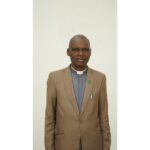
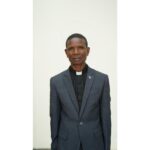
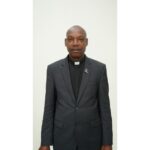
Post Comment